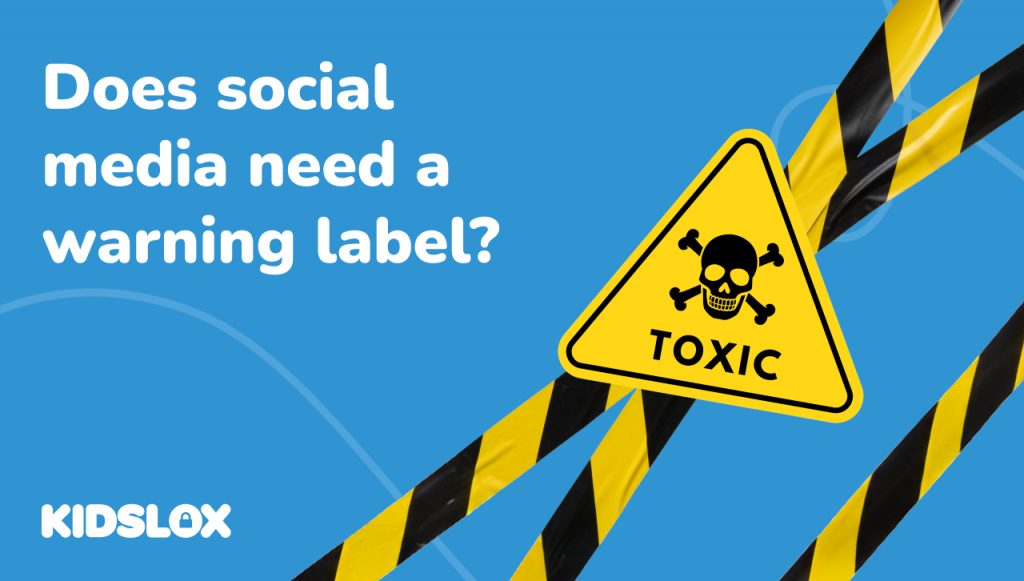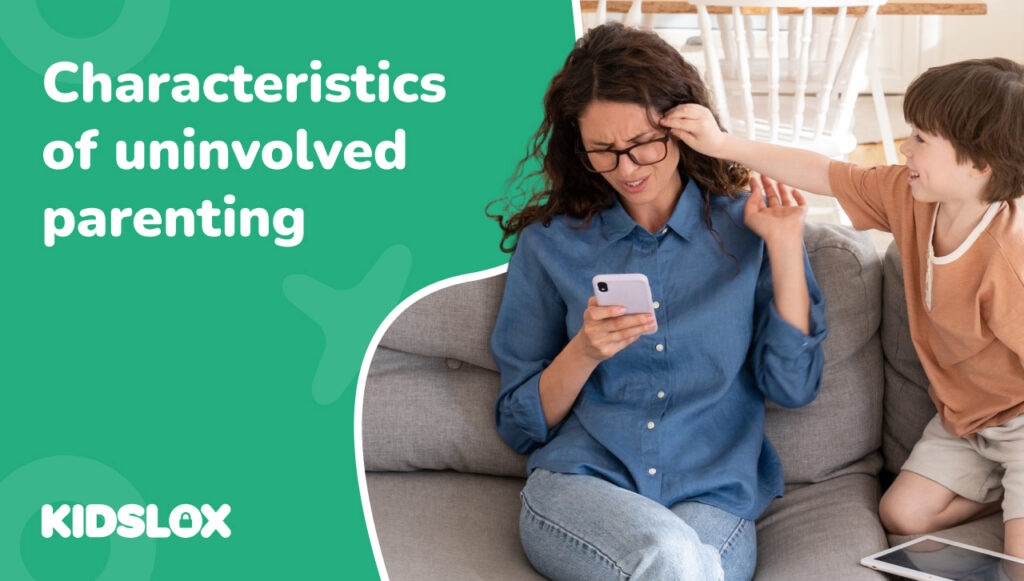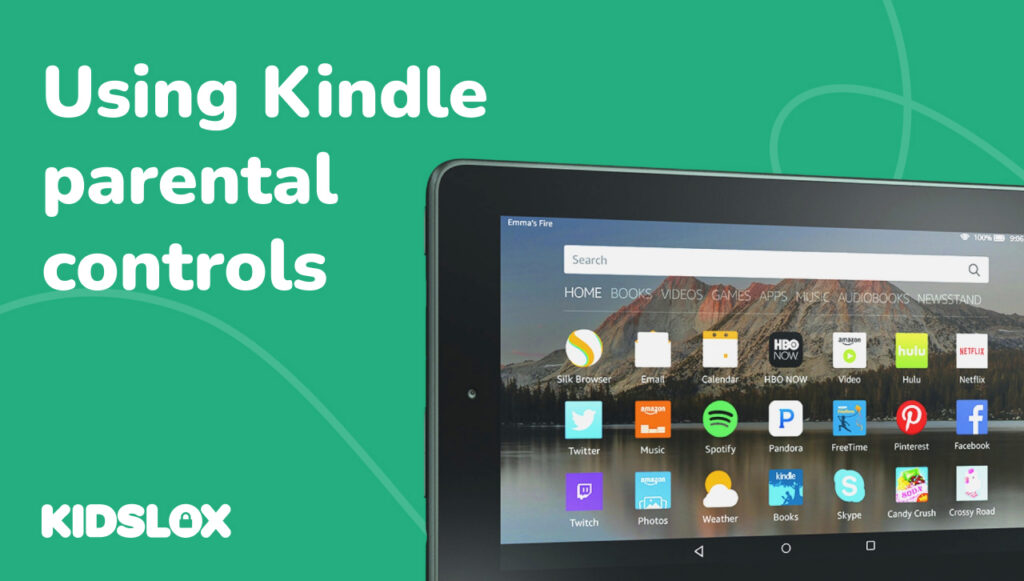The next step or a step too far?
In an era where digital interactions are a significant part of daily life, the mental health implications of social media usage, especially among children and adolescents, are becoming increasingly concerning. Recently, Surgeon General Vivek Murthy called for smoking-style warning labels to be imposed on social media platforms akin to those on cigarette packages. Is such a drastic intervention needed?
The potential harms of social media on children’s mental health have been a growing concern among health professionals, researchers, and commentators. The body of evidence highlighting these risks is extensive and continues to grow with calls for tighter regulations on social platforms to protect children from harm.
Why would the Surgeon General call for warning labels on social media?
One of the biggest concerns for today’s young people is the impact that social media can have on children’s mental health and wellbeing. From teenage self-esteem, body image and cyberbullying, the impact is far ranging.
Increased Anxiety and Depression: Research has suggested that social media can have a profound effect on the way children see themselves, with adolescents as young as 12, expressing dislike and embarrassment over the way their bodies look. The study showed that up to 97% of children as young as 12 have access to social media with two-thirds claiming that social media makes them feel stressed, anxious and depressed.
Sleep Disturbances: It’s also noted that using social media, especially before bedtime, can interfere with sleep patterns. Poor sleep quality and insufficient sleep are all associated with poor wellbeing, including mental health problems such as depression, anxiety, and reduced cognitive functioning. A study in the journal Sleep Medicine found that higher social media use was associated with poor sleep quality among adolescents.
Cyberbullying: One of the biggest worries for parents is the omnipresent threat of cyberbullying. Social media platforms can be breeding grounds for this type of behaviour, which has devastating effects on young people’s mental health. Victims of cyberbullying often experience higher rates of depression, anxiety, and even suicidal thoughts.
Addictive Behaviors: Algorithms on social media are deliberately designed to draw us in and keep us scrolling for a long time. This pull is particularly strong for young minds. Experts have expressed concerns that the way social media is designed and operates can lead to addictive behaviors, where children and adolescents feel compelled to check their social media accounts constantly, leading to stress and anxiety when they are unable to do so.
Should social media warning labels be used universally?
Experts have particular concern for young people using social media as they are at a fragile period of their development, meaning that any adverse effects can have long term implications on their wellbeing.
Vulnerability of Adolescents: Adolescence is a critical period for mental and emotional development. During this time, individuals are particularly vulnerable to external influences. The pressure to fit in, combined with the negative effects of cyberbullying and comparison culture, can profoundly impact their mental health.
Pervasiveness of Social Media: Social media platforms are ubiquitous in the lives of young people. With the majority of adolescents using these platforms daily, the potential for widespread mental health issues is significant. The pervasive nature of social media means that harmful content and interactions can be encountered at any time, making it difficult for young users to escape negative experiences.
Lack of Regulation and Oversight: Despite the known risks, social media platforms often lack adequate regulation and oversight to protect young users. The call for smoking-style warning labels by Surgeon General Vivek Murthy reflects a broader concern that current measures are insufficient in keeping children safe.
Impact on Development and Academic Performance: Beyond mental health, excessive social media use can also interfere with academic performance and cognitive development. Studies have shown that high social media usage can lead to decreased academic achievement due to distraction and reduced study time. This adds another layer of concern for parents and educators.
Overall, studies indicate that excessive time spent on social media can lead to heightened anxiety, depression, and even feelings of loneliness. By proposing warning labels, the Surgeon General’s proposal could create a constant reminder, helping to foster a more cautious and informed approach to social media usage.
Warning labels on cigarette packages have been effective in raising awareness about the health risks of smoking, contributing to a significant decline in smoking rates over the years. Similarly, social media warning labels could serve as a crucial tool in educating users about the potential mental health impacts of prolonged and unchecked social media use. These labels would act as a constant reminder of the need to approach social media with caution, especially for younger users who are more vulnerable to its negative effects.
The presence of such labels could encourage parents to have more informed discussions with their children about social media use, helping them understand the importance of setting boundaries and using these platforms responsibly. Additionally, it would hold social media companies accountable, pushing them to prioritize the mental health and wellbeing of their users.
How can parents help protect children?
Naturally, warnings from the Surgeon General will cause further concern to parents worried about their children’s use of social media. While the platforms are quiet on the issue, there are things that parents can do to help keep their kids’ online experiences as safe as possible.
Talk about it: Have open conversations with your children about the potential risks of social media and the importance of responsible usage. Learning about digital literacy and being a responsible digital citizen are key things that can help empower families.
Set Boundaries: Establish clear rules regarding social media usage, including time limits and appropriate times for using these platforms. Consistency is key to ensuring these boundaries are respected.
Use Parental Control Apps: Leverage the features of a parental control app like Kidslox to monitor and manage your children’s online activities. Set usage limits, block harmful content, and keep track of their interactions to make sure they’re safe.
Encourage Offline Activities: Promote a healthy balance between online and offline activities. Encourage your children to engage in hobbies, sports, and face-to-face social interactions to reduce their reliance on social media for entertainment and socialization.
Be a Role Model: Demonstrate responsible social media usage yourself. Children are more likely to follow guidelines if they see their parents practicing what they preach.
For more tips and updates about social media, digital parenting and more, keep checking out the Kidslox website.






